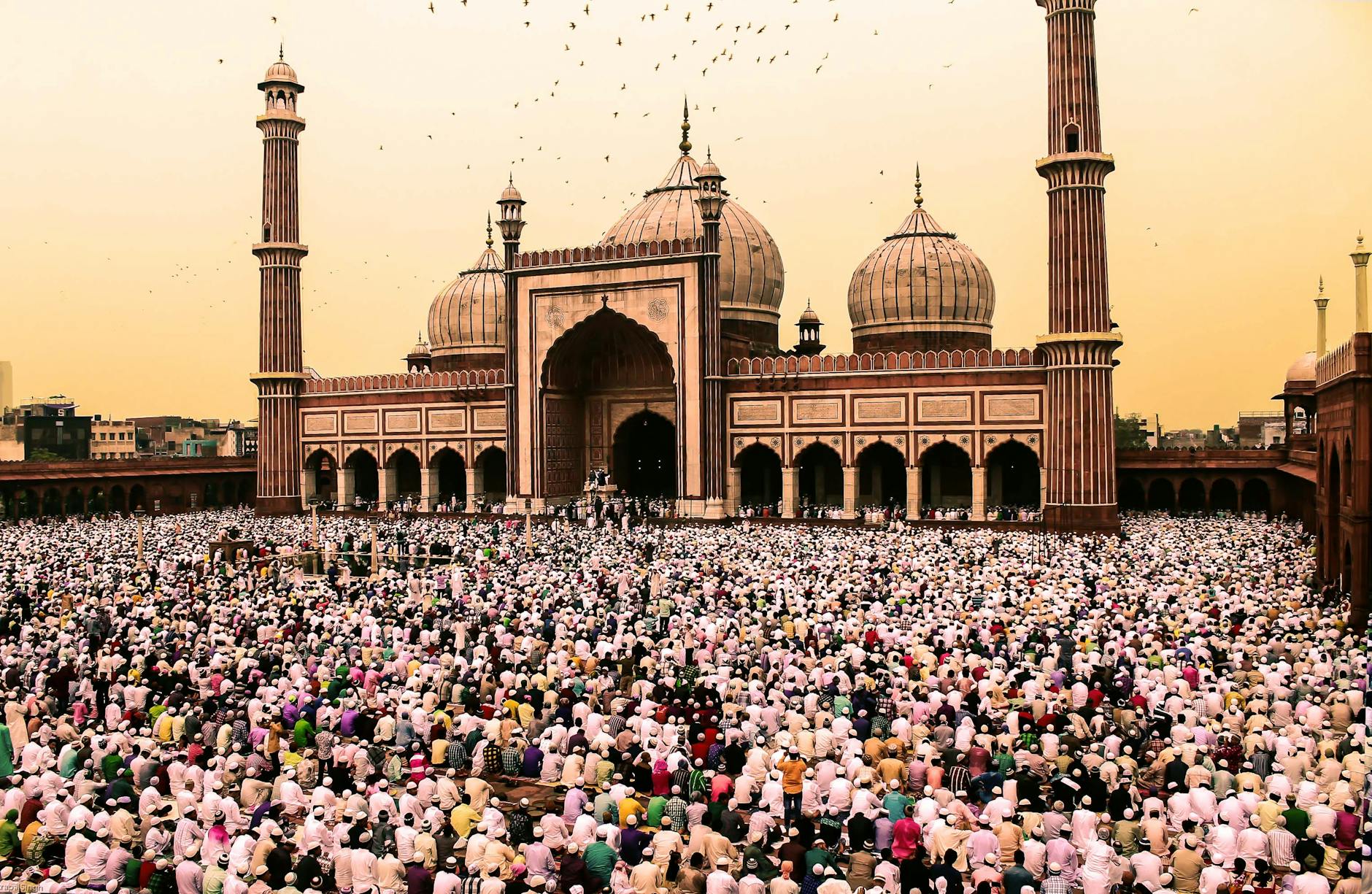
Introduction: As the holy month of Ramadan draws to a close, Muslims around the world eagerly anticipate the arrival of Eid al-Fitr, a joyous festival that marks the culmination of a month-long period of fasting, prayer, and reflection. In this blog post, we delve into the significance, customs, and festivities that make Eid al-Fitr a cherished occasion for Muslims worldwide.
Understanding Eid al-Fitr: Eid al-Fitr, often referred to as the “Festival of Breaking the Fast,” is celebrated on the first day of Shawwal, the month following Ramadan in the Islamic lunar calendar. It is a time of joy, gratitude, and spiritual renewal, as Muslims come together to express gratitude for the blessings of Ramadan and seek forgiveness for past sins.
The Significance of Eid al-Fitr: Eid al-Fitr holds profound significance in Islam, symbolizing the completion of a month of fasting, self-discipline, and spiritual growth. It is a time for Muslims to rejoice in the mercy and blessings of Allah, to strengthen familial bonds, and to extend acts of kindness and generosity to those in need.
Customs and Traditions: The celebrations of Eid al-Fitr are marked by a variety of customs and traditions observed by Muslims worldwide. In the morning, Muslims gather for Eid prayers, often performed in mosques or outdoor prayer grounds, where they listen to sermons and offer supplications. Following the prayers, families come together to enjoy festive meals and exchange greetings and gifts. It is also customary to give Zakat al-Fitr, a form of charity, to the less fortunate before the Eid prayers.
Eid Cuisine and Delicacies: Eid al-Fitr is a time for feasting and indulging in delicious traditional foods and delicacies. From sweet treats like baklava, ma’amoul, and sheer khurma to savory dishes like biryani, kebabs, and samosas, the Eid table is laden with an array of mouthwatering delights that bring families and communities together in celebration.
Community Spirit and Charity: One of the central themes of Eid al-Fitr is the spirit of community and charity. Muslims are encouraged to reach out to their neighbors, share meals with those in need, and extend acts of kindness and compassion to all. Zakat al-Fitr, the obligatory charity given before Eid prayers, ensures that everyone can partake in the festivities and experience the joy of Eid.
Reflection and Gratitude: As Muslims celebrate Eid al-Fitr, they reflect on the spiritual journey of Ramadan and express gratitude for the blessings and opportunities it has brought. It is a time to renew one’s faith, strengthen bonds of brotherhood and sisterhood, and seek forgiveness for past transgressions.
Conclusion: Eid al-Fitr is a time of renewal, joy, and spiritual fulfillment for Muslims worldwide. As families come together to celebrate the blessings of Ramadan and the arrival of Eid, they are reminded of the importance of faith, community, and compassion in their lives. In the spirit of Eid al-Fitr, let us rejoice in the blessings of Allah and extend love, kindness, and generosity to all. Eid Mubarak!
